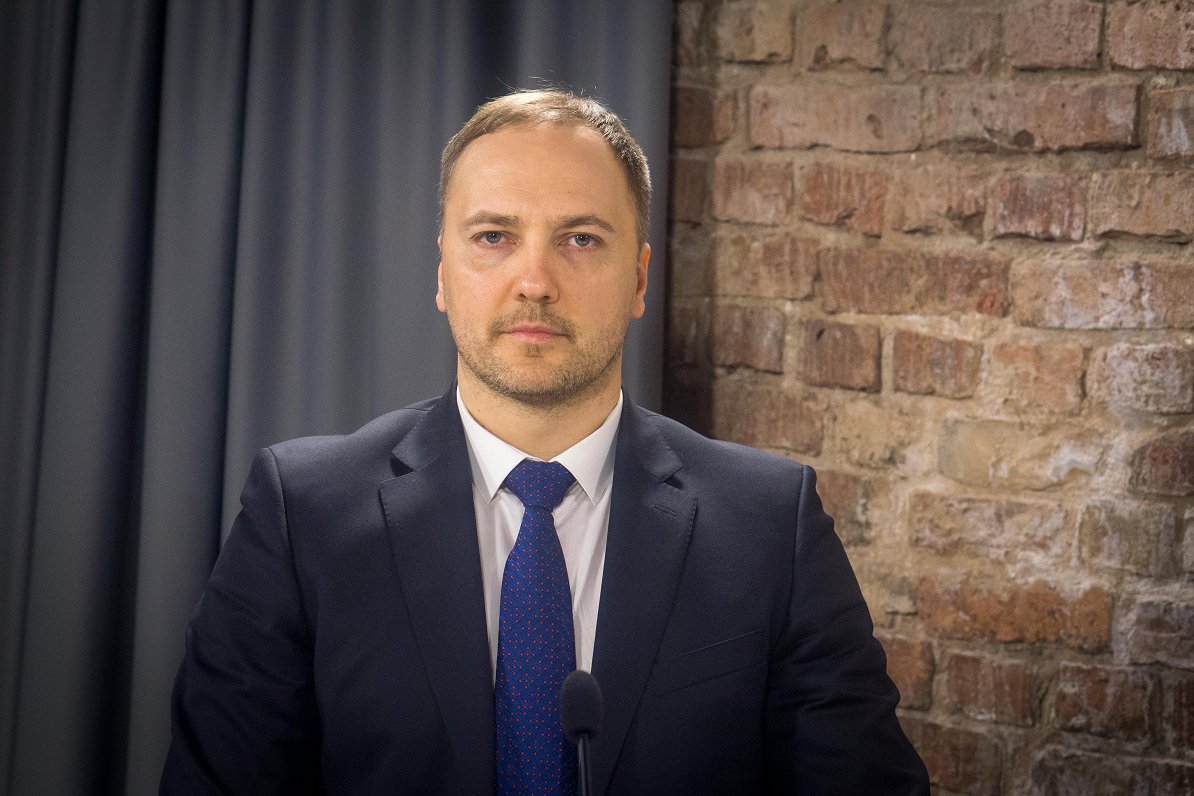The Advisor for Communications for Interior Minister Beata Jonite said that the amendments are in an initial stage and will still be complemented by proposals from the Saeima. The amendments proposed include:
- the prohibition of dissemination of electronic media articles containing false, misleading, or misrepresented information;
- the right of the National Electronic Media Council (NEPLP) to cancel a broadcasting or transmitting permit if electronic media distributes false, misleading or distorted information;
- a ban on the distribution on demand of other national media audiovisual services where the information is false, misleading, or distorted.
The amendments provide for allowing the court to decide on the termination of media which distribute false, misleading, or distorted information.
Currently there is no regulation for combating false news in Latvia and no definition thereof, said the Minister's advisor.
The Ministry explained that the definition of disinformation is not well established in most countries, but the European Commission defines it as "verifiably false or misleading information created, presented and disseminated for economic gain or to intentionally deceive the public. It may have far-reaching consequences, cause public harm, be a threat to democratic political and policy-making processes, and may even put the protection of EU citizens' health, security and their environment at risk."
Although the Electronic Media Act aims to ensure freedom of expression and opinion, the law does not provide sufficient tools to ensure that disinformation does not affect the achievement of this objective. The Ministry said that freedom of expression does not provide for the right to publish and disseminate false, misleading and distorted information. The law therefore needs to extend the conditions under which the NEPLP has the right to withdraw authorization in these cases, and the court has the right to decide on termination of the media.




























